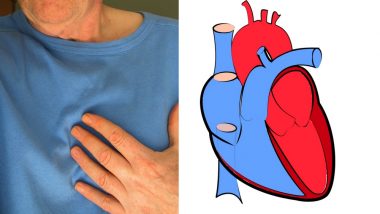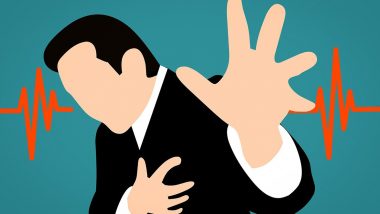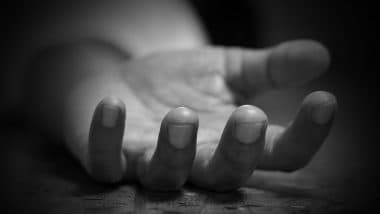There’s something scary about the idea of dropping dead suddenly. Maybe it’s the unpredictability of an impending death or the idea of being unprepared at our weakest moment that scares us the most. With news of Sridevi’s untimely death at age 54 due to an apparent cardiac arrest, people are taking a renewed interest in the literal matters of the heart. What if, like the actress, they too fell dead? And that sedentary lifestyle and bad dietary patterns have become the order of the day is adding to our worries. But before you start writing your will, check whether you are really at risk of suffering from cardiac arrest. Following are the risk factors:
Your age
Cardiac among the young is rare but not uncommon. Sudden cardiac deaths are seen even in people younger than forty years of age. But traditionally, your risk of cardiac arrest increases as you age. In fact, age is a well-known risk factor for cardiac arrest and it is unavoidable. As you age, your blood vessels harden, making it difficult for blood to flow easily. If combined with other harmful habits such as a sedentary lifestyle and substance abuse, the impact can be lethal. But luckily, modifying other risk factors such as quitting harmful habits can help reduce it significantly.
History of coronary heart diseases
The number one cause of sudden cardiac arrest is coronary heart diseases or CHD. People who have a history of CHD are more at risk of sudden cardiac arrest. Research says that people who experience cardiac arrest are mostly those with underlying CHD. What’s even scarier is that many are completely oblivious to their heart conditions and realise they have a CHD only after they experience a sudden cardiac arrest. In other words, their symptoms are silent. These people may also have undiagnosed heart attacks in the past. Put your worry to rest by visiting the cardiologist at the earliest and check for any signs of CHD.
Family history of sudden cardiac arrest
Did anyone in your family (a close blood relative) ever experience sudden cardiac arrest before? Then the likelihood of you experiencing the same is higher. In fact, many physicians ask their patients if they have a family history of sudden deaths due to cardiac arrest or arrhythmia (when the heart beats too fast, too slow or are irregular). Like many diseases, the risk of cardiac arrest is also sometimes inherited and a family history of cardiac arrest is one of the primary risk factors.
Personal history of heart attacks and heart failures
Although cardiac arrests and heart attacks are different from each other, having a history of heart attacks and heart failures can increase the risk of sudden cardiac arrests. That’s why it is important for people with a previous history of blockages in the arteries to be careful about their cardiac health.
Substance abuse
People with a history of abusing drugs like cocaine, heroin and amphetamine can end up impairing their heart health. Long-term use of these drugs can lead to cardiovascular problems such as collapsed veins and infection of blood vessels. Eventually, such people may also experience cardiac arrest due to the repeated onslaught of drugs on the cardiovascular system.
Alcohol abuse
If your New Year resolution was to kick the bottle, here’s why it’s a good decision. Alcohol and heart health don’t go hand in hand. In fact, in very high amounts, alcohol can cause disruption in the rhythm of the heart. This could possibly lead to a cardiac arrest. Studies have concluded that heavy drinkers with no prior history of ischaemic heart diseases also had a slightly higher risk of cardiac arrest.
(The above story first appeared on LatestLY on Feb 27, 2018 04:08 PM IST. For more news and updates on politics, world, sports, entertainment and lifestyle, log on to our website latestly.com).













 Quickly
Quickly




















